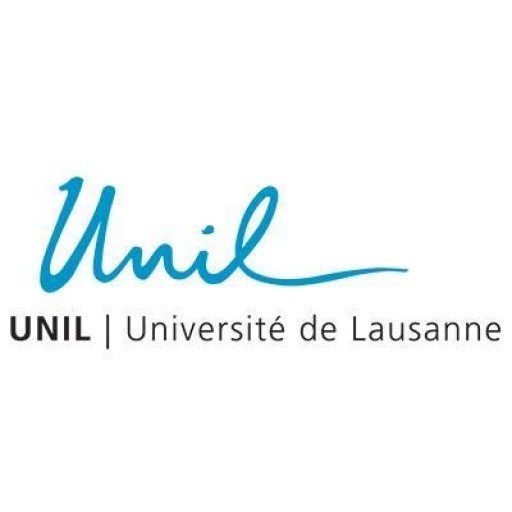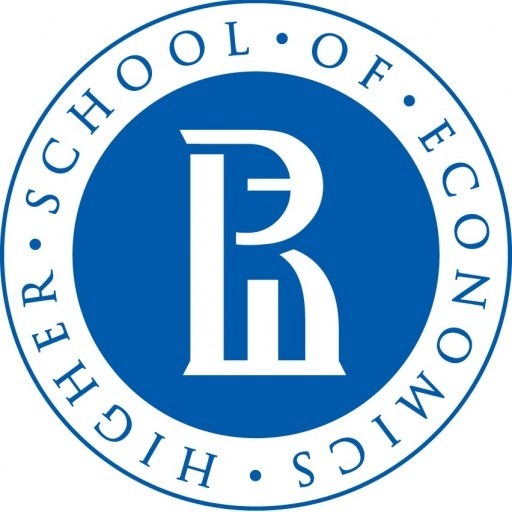Photos of university / #unilch
The Bachelor of Political Science at the University of Lausanne offers students a comprehensive introduction to the fundamental principles, theories, and methodologies that underpin the study of politics and government. This undergraduate program is designed to equip students with critical analytical skills, a broad understanding of domestic and international political systems, and the ability to evaluate complex political issues from diverse perspectives. Throughout the course of study, students explore a variety of topics including political theory, comparative politics, international relations, public policy, and governance. The program emphasizes both theoretical foundations and practical applications, encouraging students to develop a nuanced understanding of political processes and institutions.
Students have the opportunity to engage in interdisciplinary learning, integrating insights from sociology, economics, history, and law to enrich their analysis of political phenomena. The curriculum is structured to include lectures, seminars, case studies, and research projects, fostering a dynamic and interactive learning environment. Additionally, students are encouraged to participate in internships, debates, and exchanges to gain real-world experience and international exposure. The program aims to prepare graduates for diverse career paths in public administration, international organizations, non-governmental organizations, research institutes, journalism, and further academic pursuits.
The University of Lausanne provides a vibrant academic community with access to distinguished faculty members, extensive resources, and a stimulating environment that promotes critical thinking and active engagement with contemporary political issues. Graduates of the Bachelor of Political Science will be well-equipped with the knowledge, skills, and competencies necessary to analyze and contribute to the political landscape both domestically and globally. The program also emphasizes the development of ethical awareness and social responsibility, preparing students to become informed and responsible citizens dedicated to fostering democracy and social justice.
The Bachelor of Arts in Political Science at the University of Lausanne offers students an in-depth understanding of political systems, institutions, and processes both at national and international levels. This program provides a comprehensive overview of contemporary political issues, including governance, public policy, political theory, and comparative politics. Students will explore the functioning of democratic systems, the role of political parties, electoral processes, and the influence of international organizations and globalization on national sovereignty. The curriculum emphasizes critical thinking, analytical skills, and research methodologies pertinent to political science, preparing students for careers in public administration, international relations, journalism, or further academic study.
Throughout the program, students engage with a diverse range of courses that cover key themes such as political philosophy, European integration, human rights, security, and environmental politics. They will learn to analyze political phenomena, interpret policy decisions, and understand the dynamics of political behavior. The program also emphasizes the development of strong qualitative and quantitative research skills through rigorous coursework and practical projects. Furthermore, students have opportunities to participate in debates, internships, and exchange programs, fostering a global perspective and professional experience.
The faculty comprises experienced scholars and practitioners dedicated to providing an engaging and challenging learning environment. Small class sizes ensure personalized attention and active participation. The program culminates in a thesis that demonstrates the student's ability to conduct original research and contribute to scholarly discussions. Graduates of the Political Science program are well-equipped with the knowledge and skills necessary for positions in governmental agencies, NGOs, international organizations, think tanks, and media outlets, or for pursuing advanced studies in political science, law, or public administration. The University of Lausanne’s multidisciplinary approach ensures that graduates are prepared to address complex political challenges with innovative and informed solutions.
The Bachelor of Political Science at the University of Lausanne requires students to complete a comprehensive set of coursework designed to provide a solid foundation in political concepts, theories, and practices. The programme typically spans three years and consists of mandatory core modules, elective courses, and a final thesis or research project. Core courses include introductory classes in political theory, comparative politics, international relations, and public policy. Students are expected to acquire analytical skills, critical thinking abilities, and a thorough understanding of political institutions at both national and international levels. Elective courses allow students to specialize in areas such as European politics, political economy, human rights, or environmental politics, providing flexibility to tailor the programme to personal interests and career goals.
Throughout the programme, students engage in seminars, workshops, and practical simulations to apply theoretical knowledge to real-world scenarios. The curriculum emphasizes interdisciplinary approaches, integrating insights from law, economics, sociology, and history. Language skills are also developed, with coursework often offered in English and French to prepare students for international careers. To complete their degree, students must submit a final thesis based on independent research under faculty supervision, demonstrating their capacity for original analysis and scholarly contribution. The programme also encourages participation in internships, exchange programs, and extracurricular activities to enhance professional experience and global outlook. Successful completion of all coursework, thesis submission, and examinations results in the conferral of the Bachelor of Political Science degree, equipping graduates for careers in government, diplomacy, international organizations, journalism, academia, or further postgraduate studies.
The financing of the Political Science undergraduate program at the University of Lausanne is primarily composed of various sources of funding that support both local and international students throughout their studies. Tuition fees for Swiss residents are generally set at a standard rate established by the university, which aims to make higher education accessible to a broad population. International students may be subject to different fee structures, often higher, reflecting the university’s pricing policies for non-residents.
Financial aid options are available to eligible students, including government grants, scholarships, and university-specific bursaries. Swiss students can benefit from cantonal or federal financial support depending on their economic situation and academic performance. The university also offers merit-based scholarships for outstanding students, which can significantly reduce the financial burden of undergraduate studies. Furthermore, students are encouraged to seek external funding opportunities from private foundations, international organizations, and research grants, especially those interested in engaging in research projects or internships that complement their academic pursuits.
Part-time employment is another common way students finance their studies, with many working within the university or in nearby sectors during academic terms. The university provides guidance and support for students seeking part-time work, ensuring that employment does not interfere with their academic responsibilities. Additionally, students may consider student loan programs offered by government agencies or private financial institutions, designed to assist in covering tuition fees and living expenses.
The university actively promotes financial planning and awareness through its student services, including advice on budget management, financial literacy workshops, and emergency aid funds for students facing unexpected financial difficulties. For international students, the university additionally offers orientation sessions that include information on local funding resources and legal requirements for financial support.
Overall, the financing of the Political Science program at the University of Lausanne balances a combination of institutional funding, governmental support, private scholarships, and personal contributions, aiming to ensure that capable students from diverse backgrounds can access and complete their education without financial barriers.
The Bachelor of Arts in Political Science at the University of Lausanne offers students a comprehensive introduction to the fundamental principles, theories, and practices of politics and government. This undergraduate program aims to develop students' understanding of political systems, international relations, public policy, and political thought. The curriculum typically encompasses a wide range of modules including comparative politics, political theory, international politics, public administration, and research methods. Students are encouraged to critically analyze political phenomena, understand the functioning of political institutions, and explore contemporary political issues affecting Switzerland and the world. The program emphasizes the importance of empirical research, encouraging students to engage in qualitative and quantitative methodologies to support their analyses. Faculty members involved in the program are experienced scholars renowned for their expertise in areas like European politics, governance, environmental policy, and human rights. The program often provides opportunities for students to participate in internships, fieldwork, and seminars with professionals in the field, fostering practical skills alongside academic knowledge. Graduates of the program are well-equipped for careers in government, international organizations, NGOs, journalism, research institutes, and further postgraduate studies. The University of Lausanne’s strategic location provides students with access to a vibrant political and diplomatic scene, offering additional opportunities for engagement and experiential learning. The language of instruction is primarily French, but some courses may be offered in English, reflecting the university’s international outlook. Overall, the program seeks to cultivate critical thinkers and informed citizens capable of understanding and addressing complex political challenges in a globalized world.










